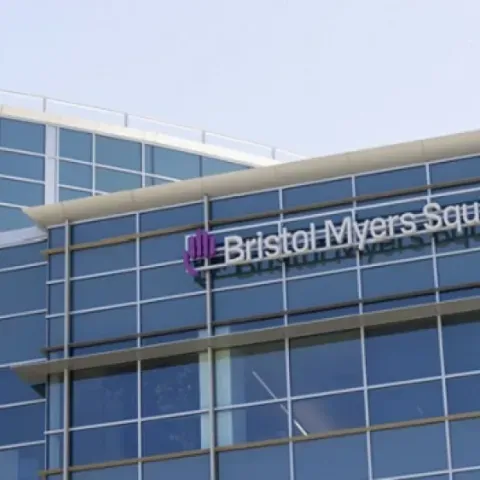
SHERIDAN, WYOMING – October 15, 2025 – Bristol Myers Squibb (BMS) has expanded its artificial intelligence-driven collaboration with insitro, reinforcing its long-term strategy to accelerate therapeutic development in neurodegenerative diseases such as amyotrophic lateral sclerosis (ALS). The renewed deal underscores a shared commitment to leveraging AI and advanced chemistry platforms to unlock new pathways in ALS drug discovery.
AI-Powered Extension Strengthens a Five-Year Alliance
The latest extension adds another year to the 2020 collaboration, with BMS investing up to $20 million to continue joint research using insitro’s advanced ChemML platform. The total deal value could exceed $2 billion through potential discovery, development, and commercial milestones, as well as royalties on any approved therapies.
Originally launched five years ago, the alliance combined insitro’s AI-driven induced pluripotent stem cell (iPSC) models with BMS’s deep clinical expertise to identify new therapeutic targets in ALS and frontotemporal dementia (FTD). The collaboration has already produced one validated ALS target, which BMS officially selected in December 2024, triggering a $25 million milestone payment to insitro.
Integrating AI, Machine Learning, and ChemML for ALS Drug Discovery
At the center of the partnership is ChemML, insitro’s end-to-end AI and machine learning-powered discovery engine. The platform integrates molecular design, prediction, and optimization tools to accelerate small-molecule discovery. By combining AI-based chemistry with cellular modeling, BMS and insitro aim to shorten the traditionally lengthy drug development cycle and improve the predictability of compound success.
This approach reflects a growing industry shift toward data-centric drug discovery, where algorithmic learning and automation are redefining early-stage research and translational medicine.
BMS Expands AI and Biotech Collaborations Across Therapeutic Areas
The extended deal with insitro is part of a broader pipeline refresh strategy at BMS. Over the past year, the company has executed several high-value partnerships and acquisitions across diverse therapeutic domains:
- Acquired Orbital Therapeutics for $1.5 billion to advance its autoimmune portfolio through next-generation cell therapy platforms.
- Formed a $1.35 billion radiopharma collaboration between its subsidiary RayzeBio and Philochem, targeting precision oncology in prostate cancer.
- Entered a $11 billion partnership with BioNTech focused on bispecific antibody therapies for solid tumors.
- Completed the $286 million acquisition of 2seventy bio, its long-standing CAR-T partner responsible for manufacturing the cell therapy Abecma.
These moves illustrate BMS’s ongoing investment in AI, biologics, and cell therapy ecosystems, positioning it competitively in precision medicine and next-generation therapeutic development.
Strategic Implications for Neurodegenerative Research
ALS remains one of the most challenging neurological conditions, with limited therapeutic options and high unmet medical need. By pairing AI-powered chemistry with patient-derived stem cell models, BMS and insitro aim to advance understanding of disease mechanisms and accelerate preclinical validation.
This approach could set a new benchmark for computational neuropharmacology, where predictive modeling and real-world data integration reshape how pharma tackles complex CNS diseases.
Outlook: Strengthening AI-Driven Pharma Partnerships
The extension signals confidence in insitro’s technology and its potential to drive tangible results in ALS drug discovery. As large pharma companies increasingly turn to AI partners, the BMS–insitro collaboration stands as a model for how computational platforms can complement traditional R&D pipelines.
Learn more about BMS’s research collaborations and AI partnerships at www.bms.com.